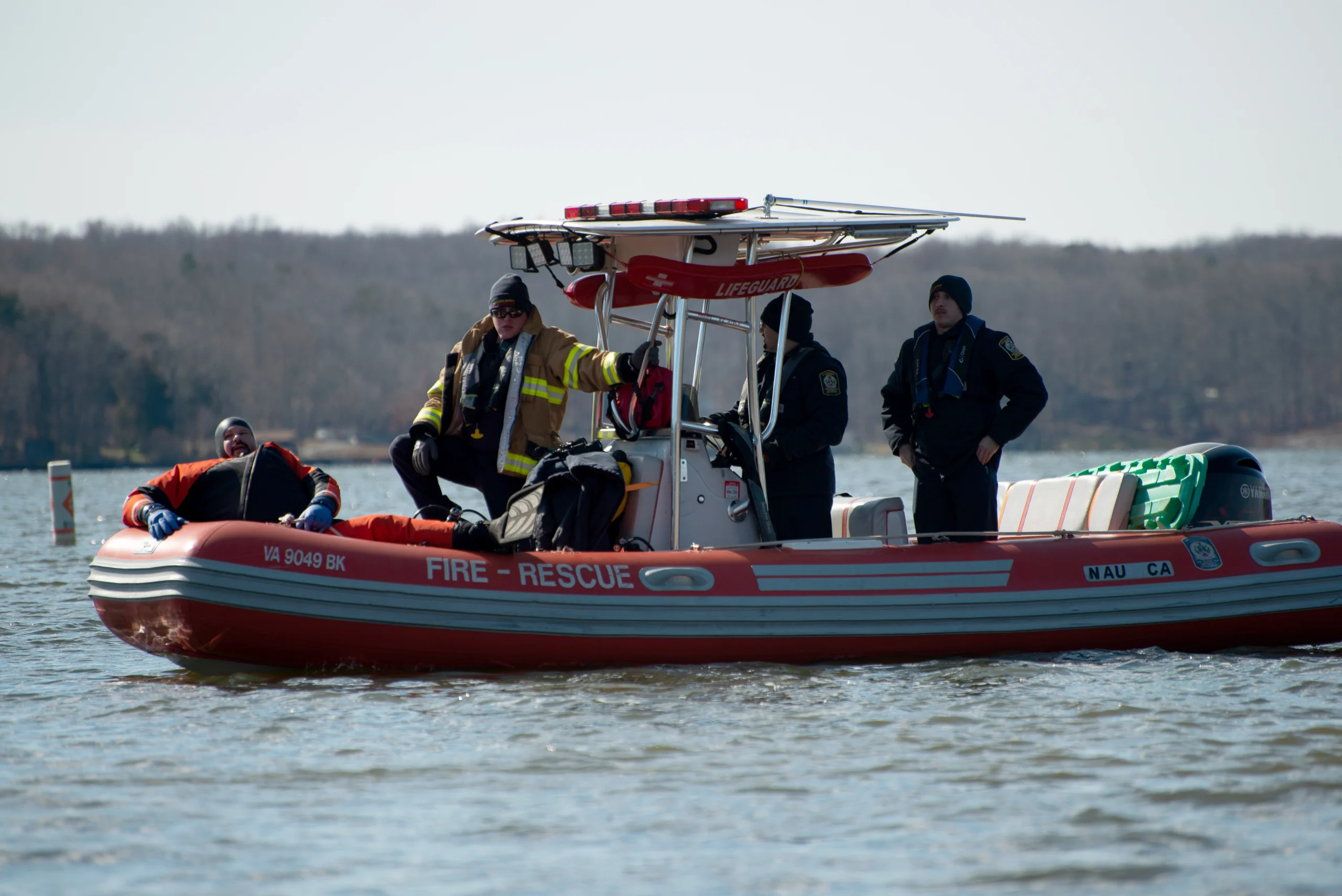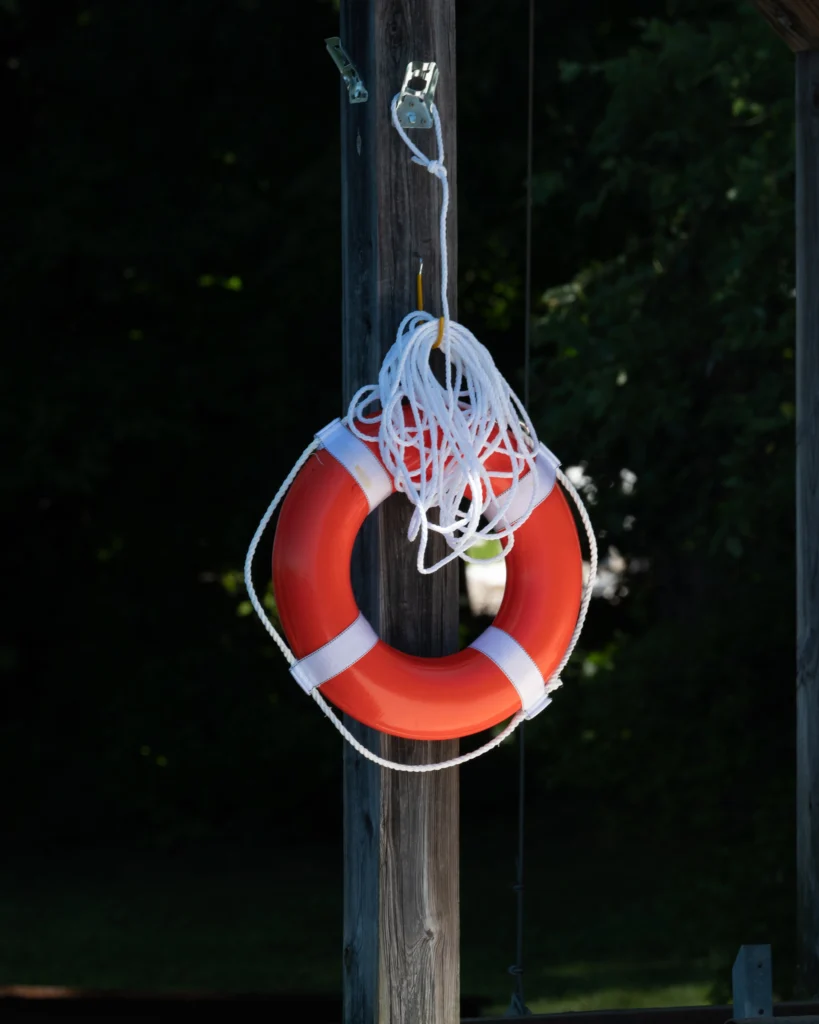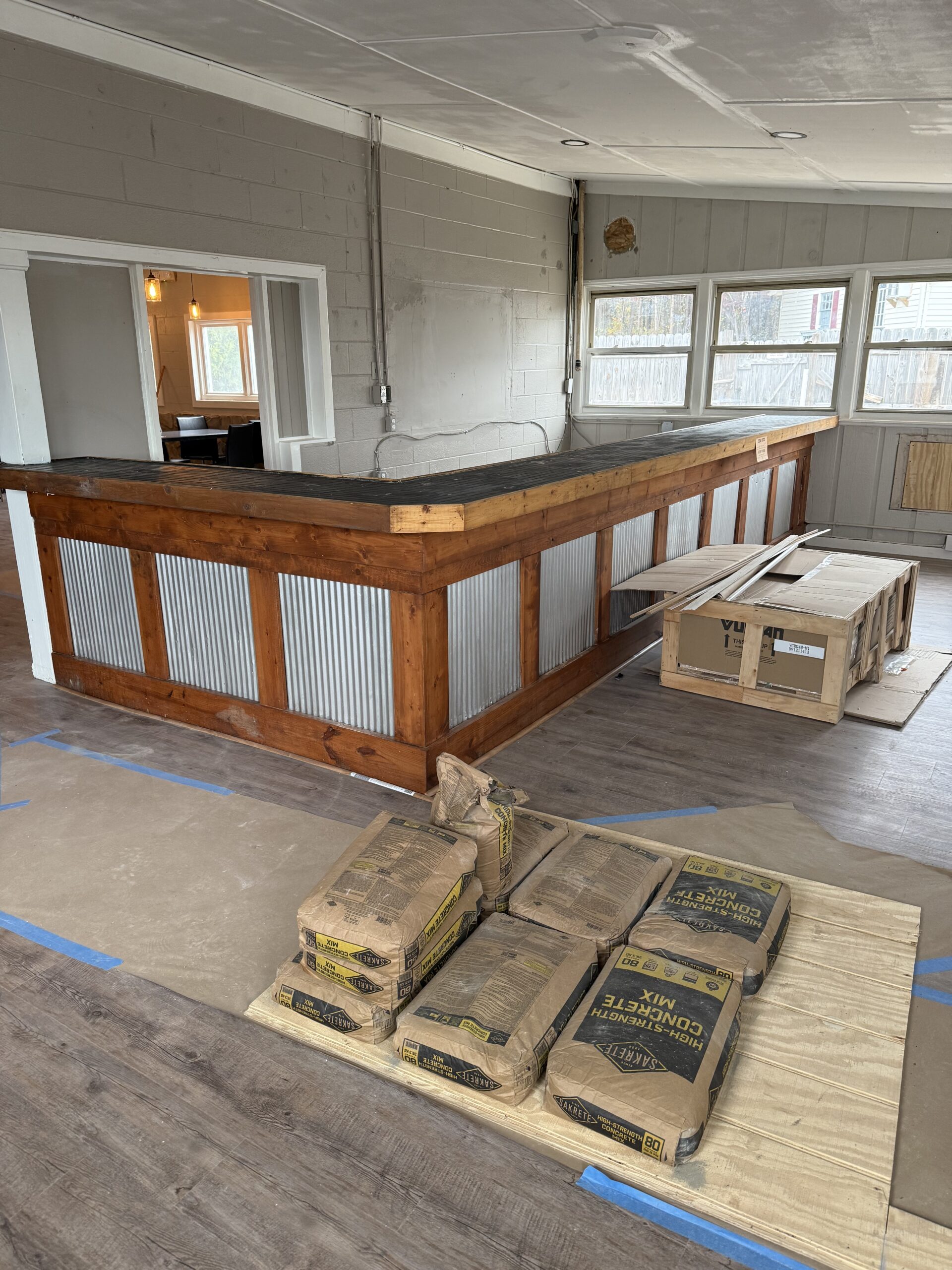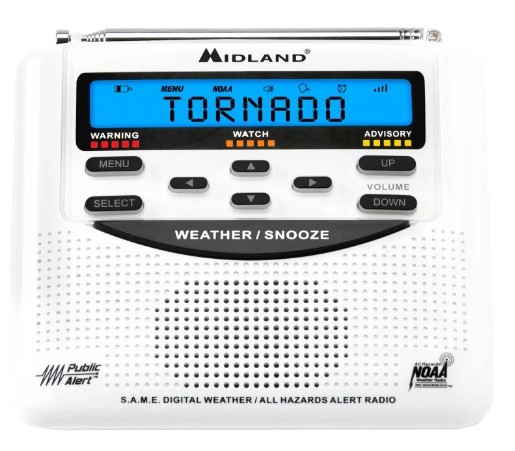
Before launching your boat off this season, it’s imperative to confront a sobering reality: boating can swiftly turn from leisurely enjoyment to a life-threatening situation. In 2022 alone, there were 17 tragic fatalities attributed to boating incidents in Virginia, according to the Virginia Department of Wildlife Resources (DWR). What’s even more concerning is that in 94% of these fatal incidents, individuals failed to wear life jackets, a simple yet life-saving precaution.



Photos by Carol Barker Wyatt
Alcohol played a role in 23% of these fatalities, underscoring the need for responsible behavior while boating. It’s also important to note that paddlecraft like canoes and kayaks were involved in 29% of fatal incidents.
Since 2002, while there has been a notable decrease in incidents and injuries, the average of 20 fatalities per year remains unchanged. Particularly distressing is the fact that July sees a doubling of injuries and fatalities compared to any other month, signaling a critical need for heightened vigilance during this time.
In response to these concerning statistics, National Safe Boating Week, observed from May 18 to May 24, 2024, serves as a reminder of the imperative to prioritize safety on the water. Led by dedicated organizations and individuals, initiatives like the drills organized by the Lake Anna Rescue Group (LARG) underscore the importance of readiness and preparedness in the face of emergencies.
Boating safety courses, such as the upcoming evening class at the Louisa County Library on May 10, 2024, empower boaters with essential knowledge and skills to navigate waters responsibly.
But safety doesn’t solely rest on awareness campaigns and educational efforts. It requires tangible action from boaters themselves. Regular equipment checks, adherence to speed limits, and the use of multiple communication devices onboard are just a few of the proactive measures boaters can take to safeguard themselves and others.
Fortunately, support is readily available for those committed to safer boating. Organizations like the US Coast Guard Auxiliary and Flotilla 8-7 offer invaluable resources, from free vessel safety checks to boating safety classes, reinforcing the importance of community collaboration in promoting safer waters.
As National Safe Boating Week approaches, let us confront the stark realities of boating accidents head-on and renew our commitment to prioritizing safety above all else.
Boater Safety Courses Available
The Department of Wildlife Resources has a comprehensive list of boater safety courses available, including in-person courses and online – both paid and free courses are available. It is recommended even for seasoned boaters who have their completed certification to regularly review the safety guidelines.

Hi! I’m Jennifer Bailey and I partner with entrepreneurs who have massive ideas that could change the world. Most marketing is meaningless. Filled with empty promises, its only job is to bring in new traffic, new leads, and new customers. But I’ve drawn a line in the sand, and I’ve learned that marketing can do so much more than reach business goals and build profit. My methods give businesses the fire and soul they need to reach the right people, set the groundwork for sustainable relationships, and offer true value to the people on both the giving and receiving ends of marketing.
Subscribe for Updates
Sponsors
latest articles
The Rustic Tavern’s Opening Delayed Amid Continuous Health Department Reviews

1st Annual Karaoke Contest at The Lounge on Lake Anna

10 Years of Entertainment at the Louisa Arts Center Gala

Louisa Leads in Hometown Spirit

Letter from the Editor: Mistletoe & Gratitude

NOAA Weather Radios

Before launching your boat off this season, it’s imperative to confront a sobering reality: boating can swiftly turn from leisurely enjoyment to a life-threatening situation. In 2022 alone, there were 17 tragic fatalities attributed to boating incidents in Virginia, according to the Virginia Department of Wildlife Resources (DWR). What’s even more concerning is that in 94% of these fatal incidents, individuals failed to wear life jackets, a simple yet life-saving precaution.



Photos by Carol Barker Wyatt
Alcohol played a role in 23% of these fatalities, underscoring the need for responsible behavior while boating. It’s also important to note that paddlecraft like canoes and kayaks were involved in 29% of fatal incidents.
Since 2002, while there has been a notable decrease in incidents and injuries, the average of 20 fatalities per year remains unchanged. Particularly distressing is the fact that July sees a doubling of injuries and fatalities compared to any other month, signaling a critical need for heightened vigilance during this time.
In response to these concerning statistics, National Safe Boating Week, observed from May 18 to May 24, 2024, serves as a reminder of the imperative to prioritize safety on the water. Led by dedicated organizations and individuals, initiatives like the drills organized by the Lake Anna Rescue Group (LARG) underscore the importance of readiness and preparedness in the face of emergencies.
Boating safety courses, such as the upcoming evening class at the Louisa County Library on May 10, 2024, empower boaters with essential knowledge and skills to navigate waters responsibly.
But safety doesn’t solely rest on awareness campaigns and educational efforts. It requires tangible action from boaters themselves. Regular equipment checks, adherence to speed limits, and the use of multiple communication devices onboard are just a few of the proactive measures boaters can take to safeguard themselves and others.
Fortunately, support is readily available for those committed to safer boating. Organizations like the US Coast Guard Auxiliary and Flotilla 8-7 offer invaluable resources, from free vessel safety checks to boating safety classes, reinforcing the importance of community collaboration in promoting safer waters.
As National Safe Boating Week approaches, let us confront the stark realities of boating accidents head-on and renew our commitment to prioritizing safety above all else.
Boater Safety Courses Available
The Department of Wildlife Resources has a comprehensive list of boater safety courses available, including in-person courses and online – both paid and free courses are available. It is recommended even for seasoned boaters who have their completed certification to regularly review the safety guidelines.

Hi! I’m Jennifer Bailey and I partner with entrepreneurs who have massive ideas that could change the world. Most marketing is meaningless. Filled with empty promises, its only job is to bring in new traffic, new leads, and new customers. But I’ve drawn a line in the sand, and I’ve learned that marketing can do so much more than reach business goals and build profit. My methods give businesses the fire and soul they need to reach the right people, set the groundwork for sustainable relationships, and offer true value to the people on both the giving and receiving ends of marketing.
Subscribe for Updates
Sponsors
latest articles
The Rustic Tavern’s Opening Delayed Amid Continuous Health Department Reviews

1st Annual Karaoke Contest at The Lounge on Lake Anna

10 Years of Entertainment at the Louisa Arts Center Gala

Louisa Leads in Hometown Spirit

Letter from the Editor: Mistletoe & Gratitude

NOAA Weather Radios

Spotsylvania Tourism Growth Outpaces Statewide Averages with 35% Surge Since 2019
Article By Jen Bailey
![Featured image for “[Spotsylvania] New Speed Enforcement in School Zones”](https://lakeanna.online/wp-content/uploads/2025/09/Blog-pic-scaled.jpg)
[Spotsylvania] New Speed Enforcement in School Zones
Article By Jen Bailey








